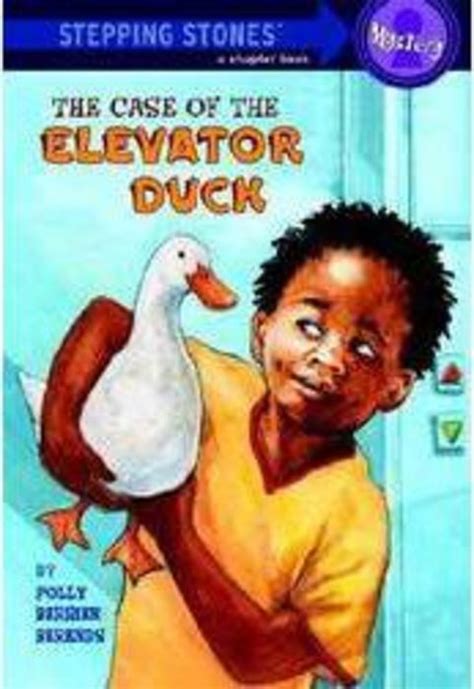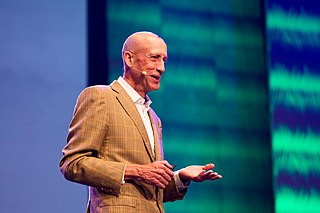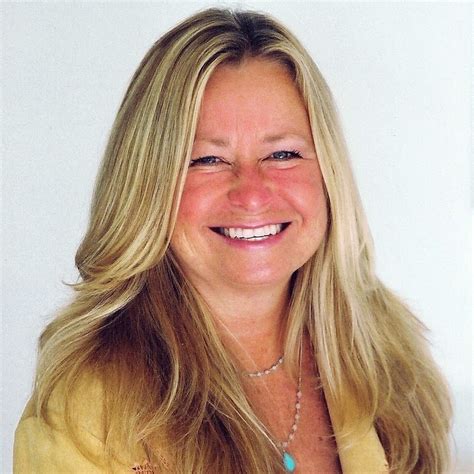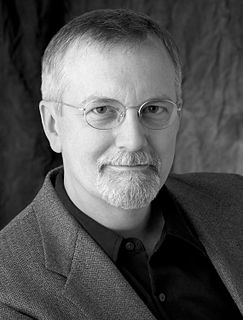A Quote by Carl Jung
Myth is more individual and expresses life more precisely than does science.
Related Quotes
I have always considered imaginative truth to be more profound, more loaded with significance, than every day reality... Everything we dream about, and by that I mean everything we desire, is true (the myth of Icarus came before aviation, and if Ader or Bleriot started flying it is because all men have dreamed of flight). There is nothing truer than myth... Reality does not have to be: it is simply what is.
But myth is something else than an explanation of the world, of history, and of destiny. Myth expresses in terms of the world - that is, of the other world or the second world - the understanding that man has of himself in relation to the foundation and the limit of his existence. Hence to demythologize is to interpret myth, that is, to relate the objective representations of the myth to the self-understanding which is both shown and concealed in it.
The Socratic maxim that the recognition of our ignorance is the beginning of wisdom has profound significance for our understanding of society. Most of the advantages of social life, especially in the more advanced forms that we call "civilization" rest on the fact that the individual benefits from more knowledge than he is aware of. It might be said that civilization begins when the individual in the pursuit of his ends can make use of more knowledge than he has himself acquired and when he can transcend the boundaries of his ignorance by profiting from knowledge he does not himself possess.
It is always the individual who thinks. Society does not think any more than it eats or drinks. The evolution of human reasoning from the naive thinking of primitive man to the more subtle thinking of modern science took place within society. However, thinking itself is always an achievement of individuals.
Why does it seem to be more and more challenging to find a perfect mate or maintain a happy and compatible relationship? Was love always this difficult? Haven't we heard stories of people being truly fulfilled and happy in love? Is love a myth? There are more people on the planet than ever before, and traveling the world has never been easier. Not only that; now we can use technologies like the Internet to connect with others. So what is the problem? Why does it seem to be more complicated than ever to meet the right person and live happily ever after?
The growing complexity of science, technology, and organization does not imply either a growing knowledge or a growing need for knowledge in the general population. On the contrary, the increasingly complex processes tend to lead to increasingly simple and easily understood products. The genius of mass production is precisely in its making more products more accessible, both economically and intellectually to more people.





































